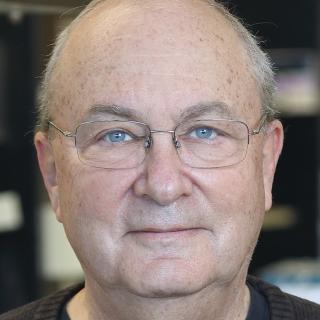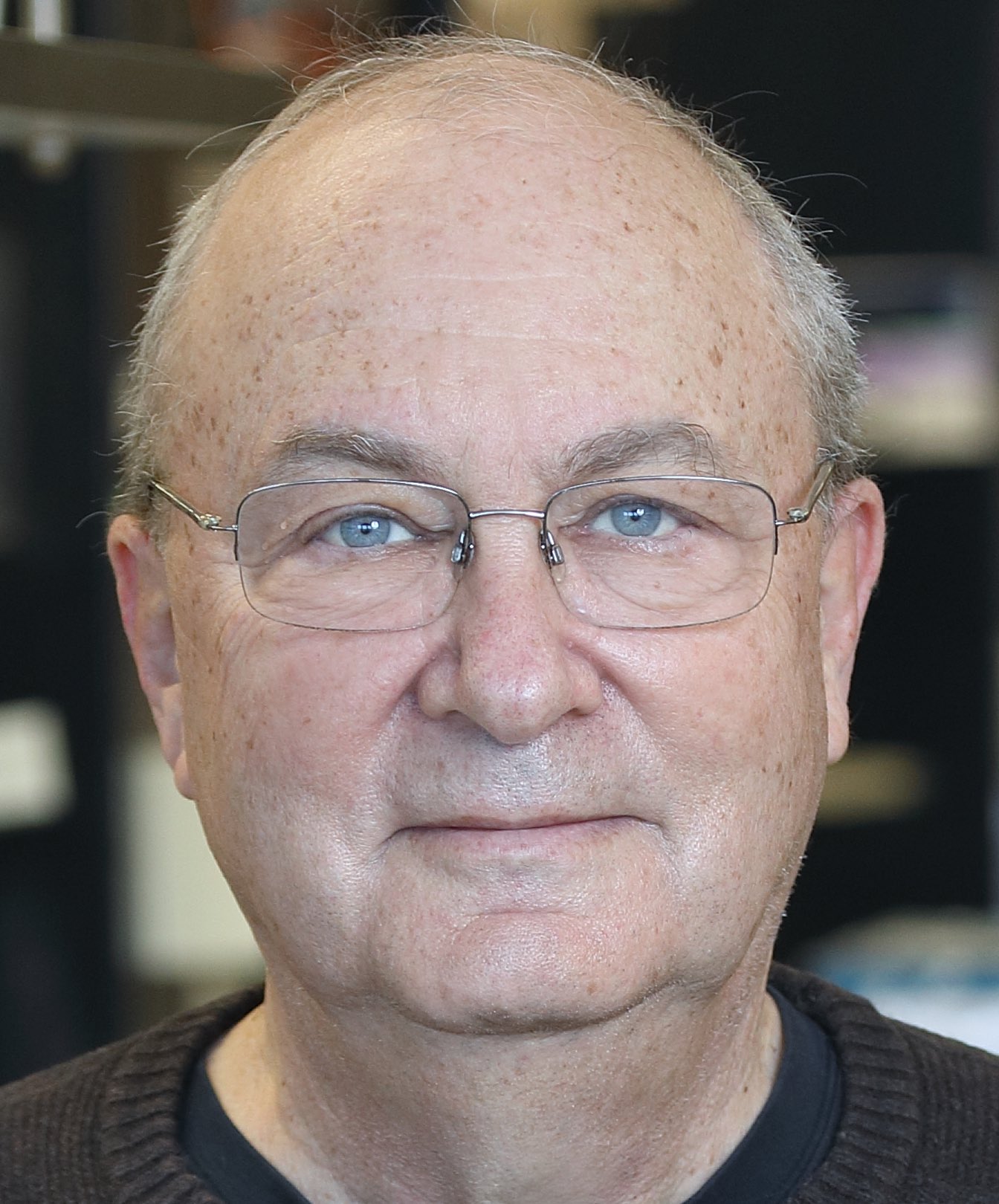
Michael Lichten, Ph.D.
- Center for Cancer Research
- National Cancer Institute
- Building 37, Room 6128C
- Bethesda, MD 20892-4260
- 240-760-7561
- michael.lichten@nih.gov
RESEARCH SUMMARY
Dr. Lichten has made seminal contributions to understanding the mechanisms and regulation of homologous recombination during meiosis. His research used budding yeast as a model system, to study mechanisms that protect and maintain genome integrity.
Areas of Expertise

Michael Lichten, Ph.D.
Research
Mechanism and Control of Meiotic Recombination
In the past, my group has studied homologous recombination and chromosome structural changes that occur during meiosis, using budding yeast as a model system. Recombination, and in particular the crossover products of recombination, are essential for proper chromosome segregation during meiosis. Chromosome mis-segregation caused by defects in meiotic recombination leads to chromosome imbalance in gametes, and these chromosome imbalances are a leading cause of infertility and birth defects in modern human populations. Because meiosis is an excellent model system to study homologous recombination, our findings also have provided insight into mechanisms by which DNA damage is repaired and genome integrity is maintained during the mitotic cell cycle. My aim, in continuing as an emeritus researcher, is to contribute to the description of the molecular steps of meiotic recombination, and how they are regulated in parallel with changes in chromosome structure and with cell cycle transitions that occur during meiosis.
Publications
- Bibliography Link
- View Dr. Lichten's PubMed Summary.
Unresolved Recombination Intermediates Cause a RAD9-Dependent Cell Cycle Arrest in Saccharomyces cerevisiae
Local chromosome context is a major determinant of crossover pathway biochemistry during budding yeast meiosis
Biography

Michael Lichten, Ph.D.
Dr. Michael Lichten, now Scientist Emeritus, was a research microbiologist in the Microbial Genetics and Biochemistry Section of this laboratory. He received a Ph.D. in 1982 from M.I.T. with Maurice S. Fox and postdoctoral training at Brandeis University with Dr. James E. Haber. He joined the NCI as a Senior Staff Fellow in 1987, became a Senior Investigator in 1995, and became a member of the Senior Biomedical Research Service in 2000. He retired from government service in 2022, but remains an active member of LBMB as a volunteer researcher. He serves on the editorial board of PLOS Genetics and Biochemical and Biophysical Research Communications. He was elected to the American Academy of Arts and Sciences (2016) and the National Academy of Sciences (2022).